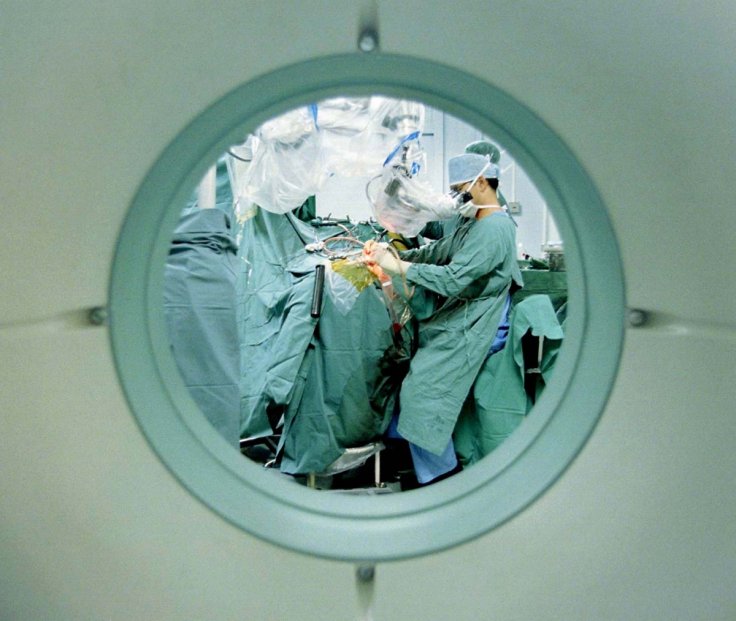
A former US Food and Drug Administration (FDA) adviser who earlier voted to approve LASIK eye surgery to correct vision, now thinks the procedure taken by millions of Americans should be banned because of complications faced by some patients.
Morris Waxler, a former FDA adviser, said the agency earlier "ignored the data on vision distortions that persisted for years", and later upon re-examination of the documentation thought the procedure was "not good".
Waxler stressed the vision correcting procedure should "absolutely" be taken off the market as some patients claimed LASIK made their eyesight worse. About 95 percent of LASIK patients, however, reported no issues with procedure, according to an FDA survey, but Waxler said his own analysis of industry data showed complication rates between 10 and 30 percent.
One dissatisfied patient Brooklyn electrician Abraham Rutner explained to the outlet that "things would appear double" after the surgery. "It's a devastation that I can't even explain," the patient, whose cornea got "very distorted" as a result of the surgery, told CBS News.
Rutner said his vision was about 90 percent improved as he tolerated the discomfort of hard contact lenses but wished he had known more before he had the 10 minutes life-changing procedure.
Dr. Jules Winokur said pre-surgical screening could cut down on such horror stories as the most important thing was to "know who to operate on and who not to operate on", adding there were many "people who really should not have this procedure" that has been popular for more than 20 years, with about 20 million Americans undergoing the eye surgery to correct nearsightedness and improve distance vision.
The quick and minimally-invasive surgery uses a laser to cut a flap and then raise it slightly to reshape the cornea at the front of the eye.
Another Paula Cofer, who had surgery 19 years ago and started a LASIK complications support group on Facebook to quickly find out she was not alone, said "from day one" her vision was an absolute train wreck and still was. "You really have to understand you're risking your only pair of eyes," Cofer said.
The FDA's own website is filled with stories of serious complications, where patients reported "relentless eye pain", dizziness and detached retinas, and told the agency that "LASIK ended my life" and "this procedure needs to stop". The agency on its website mentions the risks associated with LASIK and how to find the right doctor for eye surgery.
The retired adviser in 2011 petitioned the FDA to issue a voluntary recall of LASIK which the agency denied saying it had "not found any new safety concerns associated with LASIK devices." Eye surgeon Steve Bagan said insurance did not cover the surgery that cost about $2,000 an eye.
"LASIK is stable and the effect is permanent, but that doesn't mean your eyes don't change," Bagan said, adding there were people who had been doing well for years and came back ten years later saying they needed "a touch up".
Doctor Bagan, who has performed about 10,000 surgeries and has been in the business for 40 years, said he had never faced a disaster case.









